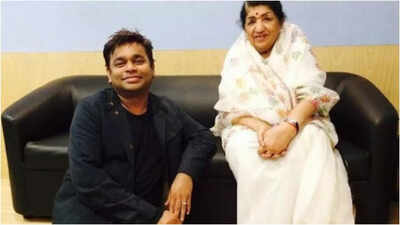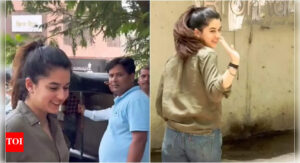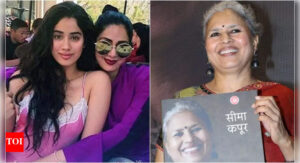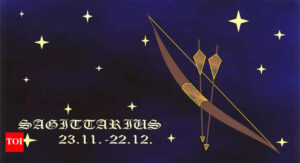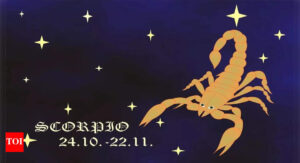Gulzar says Lata Mangeshkar felt lonely in AR Rahman’s studio while recording ‘Jiya Jale’: ‘Rahman didn’t understand Hindi that well’ | Hindi Movie News
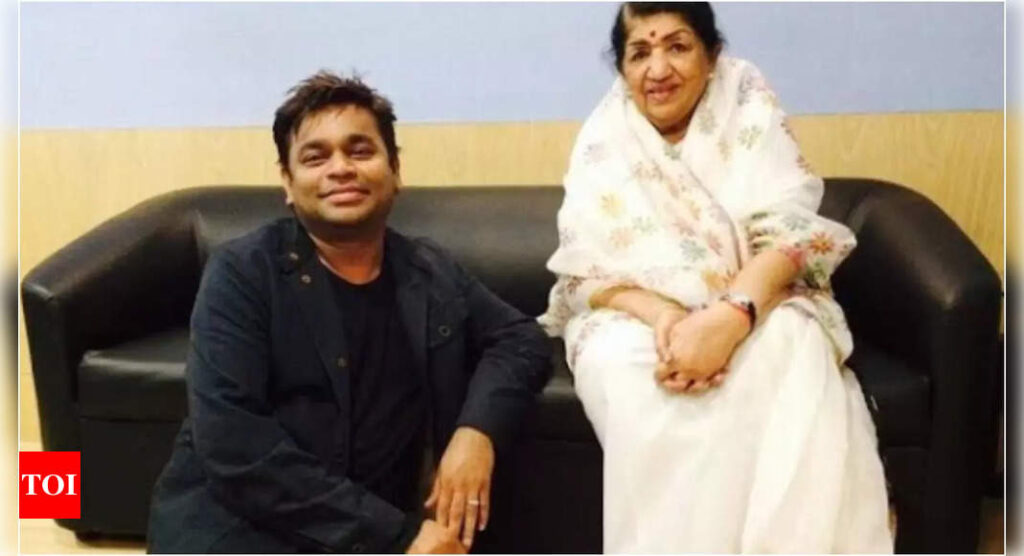
AR Rahman, the Oscar and Grammy-winning musician, has cemented his legacy globally. Those who’ve worked with him keep revealing new layers to his genius through lesser-known anecdotes from the singer’s past. In a recent conversation, legendary lyricist and poet Gulzar opened up about Rahman’s unconventional approach to music-making—one marked by solitude and self-sufficiency.
Speaking to O2India, Gulzar called Rahman a one-man army in the recording studio. “Most of the time, he would be the only person in the entire studio. He would be sitting with the huge recorder alone and would also do things on his own. He is an expert at it. He might, sometimes, have an assistant to help with plugging in the wires. I had never seen a recording being done like this before. It’s very lonely,” Gulzar recalled.
Gulzar shared a memorable incident involving the iconic singer Lata Mangeshkar, who felt out of place during her first recording with Rahman for the song “Jiya Jale” in Dil Se (1998). The composition, penned by Gulzar and directed by Mani Ratnam, featured Shah Rukh Khan and Manisha Koirala.
It was Lata’s first collaboration with Rahman. Gulzar explained that in his studio, the singer would not be visible from where Rahman was recording. “Usually, we stand right in front of the singer (in another room adjacent to the recording booth), giving instructions through gestures. Back then, unlike now, Rahman did not understand Hindi that well either. After some time, Lata ji asked me in Hindi, ‘I can’t see anyone in front of me; who am I singing for? I feel very awkward because there’s absolutely no contact (with anyone).’ You cannot sing or even recite a poem alone,” he said.
Gulzar said he resolved the issue by sitting on a stool where Lata Mangeshkar could see him, which helped her feel more comfortable and complete the recording.
Dil Se’s soundtrack became a cultural milestone in Indian cinema, with “Jiya Jale” remaining one of its most iconic tracks.
